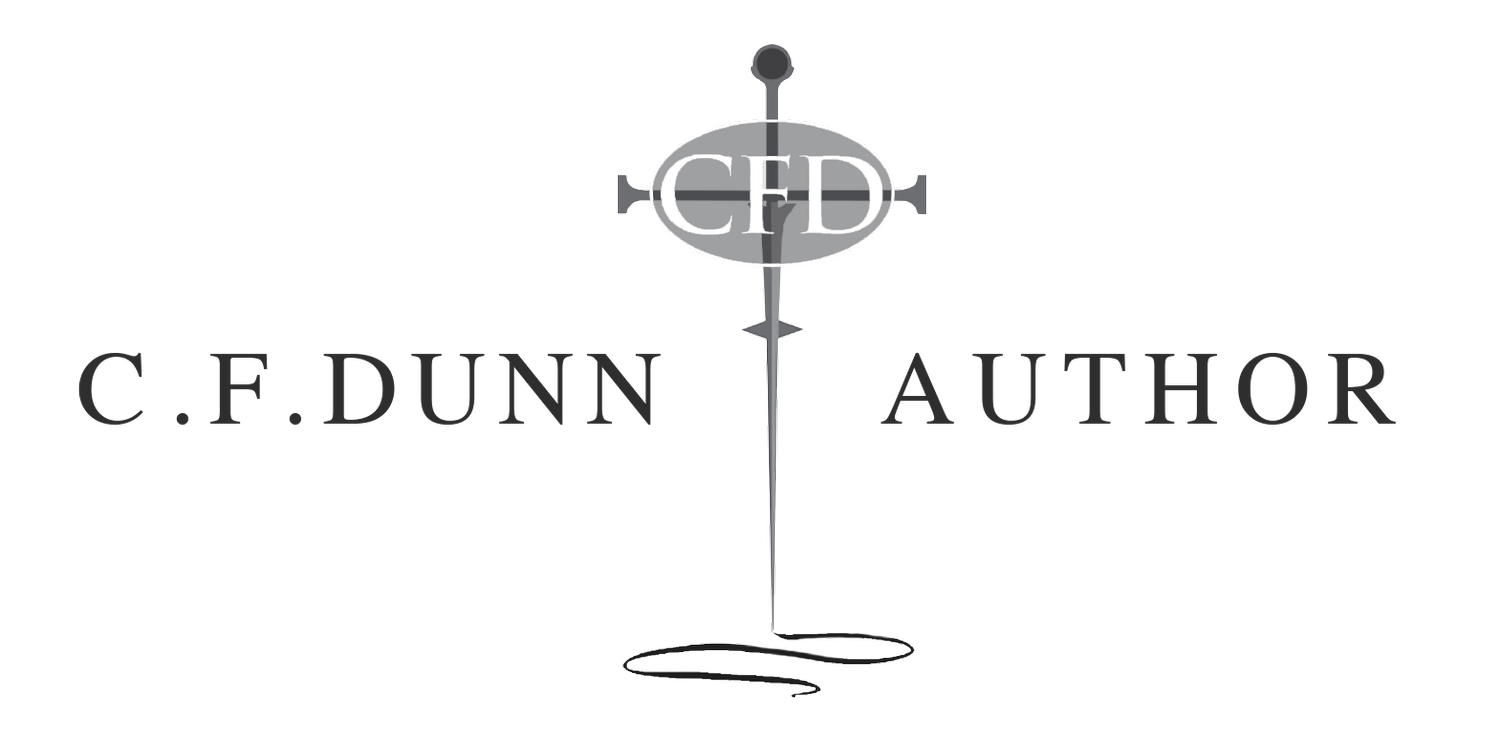Tuesday’s Tips: Defining Genre
The word genre is flung about like there’s no tomorrow. Ask many authors what genre they write in and some will come back with a definitive answer. ‘I’m into romance’ one might beam, while another will sweetly reply ‘I like crime’. Some writers find defining their genre more difficult because they write in multiple genres or are ‘cross-genre’. My first series The Secret of the Journal - fell into this category so I have a pretty hard time of explaining what genre it is. The best I’ve come up with goes something like this:
It’s a contemporary romantic mystery suspense with a historical twist. (But without much romance. It’s not really a romance at all, although there is a romantic element... and there’s lots of suspense)
On the other hand, my current The Tarnished Crown series is a more straightforward character-driven historical drama (sub-catagories: medieval, Wars of the Roses, women’s fiction).
Why is it important to understand genre?
1 It helps define the complexion of the story you wish to write: is the story driven by a romance? Is a mystery at the heart of your tale? Is your book set between two eras? This makes it easier for you to keep to the genre and for your readers to understand what they are reading.
2 It helps agents, publishers and bookstore owners to know how and where to market your book.
3 It makes small talk at a conference or party an awful lot easier and you don’t feel like a blithering idiot when someone asks ‘So, what do you write, then?’
First things first: not all stories are worth the time and effort spent on them if nobody will want to read them. Having said that, there are plenty of books out there where the premise looks uninviting yet the author has managed to work magic and - presto! - a new bestseller is born. Those are the exceptions. The rule is that it’s a difficult enough task publishing a book; don’t make it harder by writing something people are simply not interested in. Some genres are in vogue; others are not, but what is genre?
Genre: a category or style of literature, art, or music
You probably already have a fair idea of what genre interests you just from your own reading habits - historical, romantic, sci-fi or thriller, Young Adult - and each has sub-catagories, for example Viking Age historical, historical fantasy, Regency romance, medieval mysteries. Some will be hugely popular (ever noticed how the word Tudor pops up in anything historical?), others will seem under represented (ask yourself why that might be - the answer isn’t always obvious).
So, the first step is to define the genre towards which you gravitate.
Visit your local bookshop or online store and browse the shelves:
Note the main catagories in the fiction sections
Look at how those are further broken down into sub-catagories
Have a chat with the owner/fiction buyer about what they see as popular amongst readers (or not)
Go home, make a cuppa, take up pen and paper and:
Write or draw the first 3 things that grabbed your attention among the books you saw
Example: you like mystery novels with a sci-fi twist and are drawn to write for young adults (Hunger Games; Repression Ground) or gentle adult crime stories set in the past (Agatha Christie’s Marple series) or less gentle Cold War thrillers, or those with a theme (think of Dick Francis and his racing thrillers).
Now ask yourself: why do I want to write in that genre and
Who will read my book?
Are some ideas beginning to surface? You think you know the genre in which you want to write; how do you go about finding a story that you want to write and people will want to read?
Next time
Stories (and where to find them)



